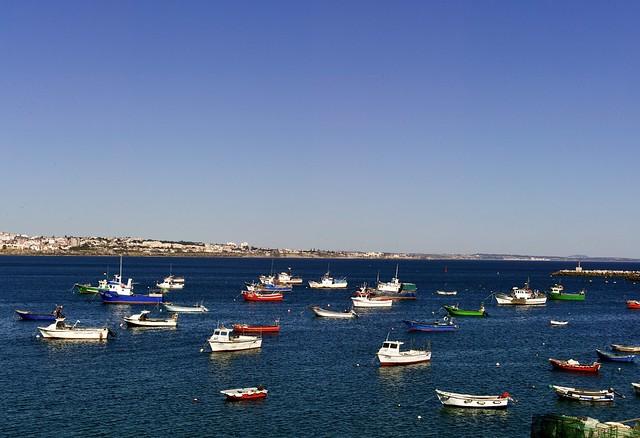Babadag
Overview
Location and Geographical Significance
Babadag is a fascinating town located in Tulcea County, Romania, nestled amidst the picturesque landscapes of the Danube Delta. The town sits at the confluence of the Babadag River and the Danube, making it an ideal starting point for exploring the surrounding natural wonders. The region is recognized for its rich biodiversity, attracting nature lovers, bird watchers, and photographers alike. The proximity to the Danube Delta, a UNESCO World Heritage site, enhances Babadag’s allure, offering visitors a chance to experience one of Europe’s most important wetland ecosystems.
Historical Significance
Babadag has a rich tapestry of history that dates back to ancient times. The town was initially a Roman settlement known as “Babadacus,” which reflects its long-standing strategic importance. Throughout the centuries, Babadag has been influenced by various cultures, including Turkish, Greek, and Romanian, due to its location on historical trade routes. The remnants of this diverse heritage can be seen in the architecture, local customs, and even the culinary offerings, making it a living museum of cultural interaction. The town was also an important center for the Ottoman Empire, and remnants of this era are still visible in the historical structures.
Cultural Atmosphere
The atmosphere in Babadag is a delightful blend of traditional Romanian charm and multicultural influences. Strolling through its cobbled streets, visitors can admire the well-preserved Ottoman-era houses, quaint cafes, and local markets. The town hosts various cultural events throughout the year, celebrating its rich folklore and traditions. One of the highlights is the annual “Babadag Festival,” a vibrant celebration showcasing traditional music, dance, and local crafts, allowing travelers to immerse themselves in the local culture.
Local Characteristics and Community
The community in Babadag is warm and welcoming, characterized by a mix of ethnicities, including Romanians, Turks, and Lipovan Russians. This diversity enriches the local culture, evident in the food, festivals, and daily life. Visitors can enjoy traditional dishes like “sarmale” (cabbage rolls) and “mămăligă” (cornmeal porridge), often served in family-run taverns that exude a homely vibe. The locals take pride in their heritage, often sharing stories about the town’s history and traditions, making interactions with them a unique experience.
Natural Attractions
Babadag serves as an excellent gateway to explore the stunning landscapes of the Danube Delta. Nearby, the Babadag Forest offers serene hiking trails, ideal for nature enthusiasts seeking solitude amid lush greenery. Birdwatchers will be thrilled to spot various species, including pelicans and cormorants, which inhabit the delta year-round. For those interested in more adventurous activities, boat tours through the delta reveal hidden gems of nature, including secluded lakes and ancient, overgrown waterways.
Conclusion
Traveling to Babadag provides a unique opportunity to experience a lesser-known region of Romania that beautifully marries history, culture, and nature. The town's rich past, vibrant community, and stunning natural surroundings create a captivating experience for any traveler willing to venture off the beaten path. Whether you’re exploring the historical sites, engaging with the friendly locals, or embarking on an adventure through the breathtaking delta, Babadag promises memorable moments and a deeper understanding of Romania’s diverse heritage.
Other towns or cities you may like in Romania
Explore other cities that share similar charm and attractions.



